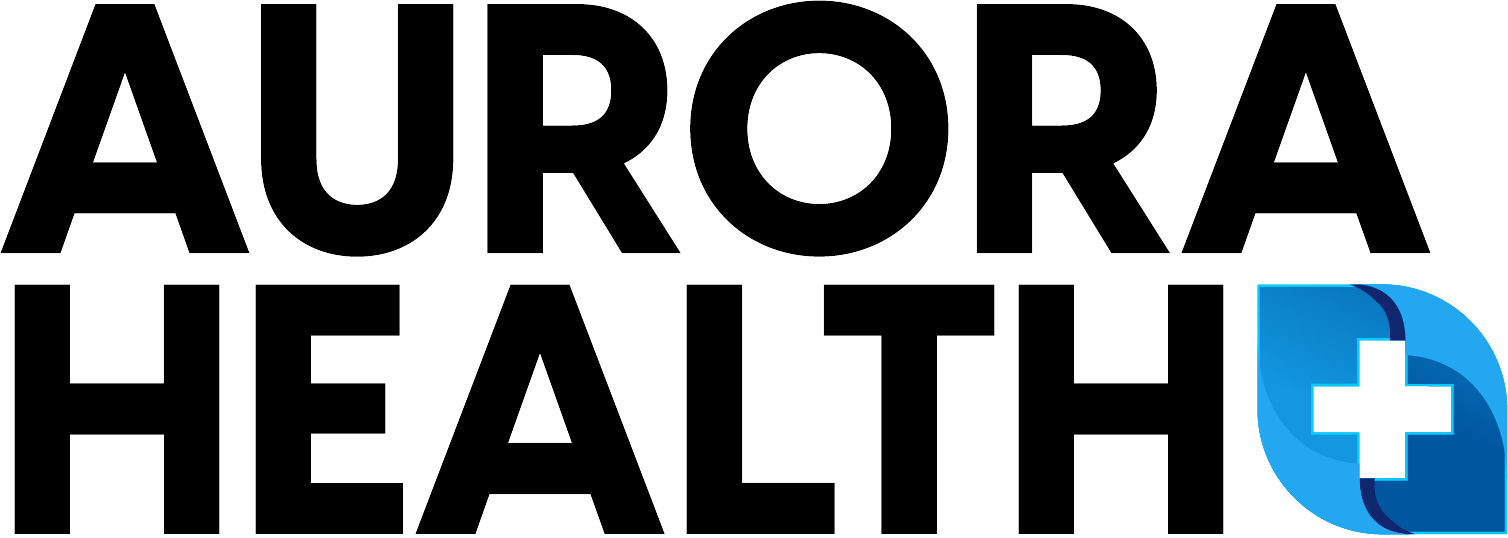My Wallet Was Empty And My Health Was Next
I still remember the cold dread that washed over me in Dr. Evans’ office. My blood pressure was flirting with dangerous levels, peaking at 138/88, a wake-up call that demanded action. The words “concerning cholesterol levels” echoed in my ears too. I was only in my late thirties, and I honestly thought I was doing everything right. Could my $700/month grocery splurge really be driving me towards illness? That bill was a testament to my dedication to “healthy eating.” Organic everything, fancy supplements with impressive-looking labels, the freshest, most exotic produce I could find. Yet, there I was, staring at a future that looked a lot less vibrant than the colorful, expensive foods I was piling into my cart each week.
The truth? The financial stress was probably just as bad for me as any dietary misstep. I was constantly juggling bills, the immense weight of that massive food budget pressing down on me. I’d lie awake at night, my mind racing, not just worried about my health, but about how on earth I was going to afford the next trip to that high-end grocery store. It felt like a cruel, twisted joke: trying so desperately to be healthy was making me sick with worry, and apparently, it wasn’t even working that well for my body. I felt frustrated, beyond scared, and utterly desperate for a change. Something, anything, had to give.
The Price Tag Deception
It turns out I wasn’t alone in this spiral. Once I started digging, the numbers were staggering. The American Psychological Association found that a whopping 72% of Americans report financial stress significantly impacts their health. And get this: the NIH revealed that nearly 40% of us skip essential vitamins simply because of the cost. It was a shocking revelation. I had completely fallen for the “health halo” effect, blindly believing that a higher price tag automatically meant better health. Have you fallen for the ‘health halo’ too?
Those glossy “organic” labels and fancy packaging? They can inflate prices by as much as 50%! I once discovered the organic spinach I regularly paid $4.99 for was available for $2.19 under the store’s own label, same quality, same certification just without the expensive marketing. It was a clear case of pricing manipulation, and I felt betrayed, not just by the slick marketing, but by my own naive assumptions.
I’d been led to believe that truly healthy eating was an exclusive club, a privilege reserved only for those with deep pockets. The constant barrage of influencer posts showcasing perfectly curated, incredibly expensive meals only reinforced this damaging myth. But the more I researched, the clearer it became: the connection between money and health was undeniably powerful, but not in the way I’d been conditioned to think. It wasn’t about spending more; it was about spending smarter. The real luxury wasn’t the expensive food; it was the priceless peace of mind that comes from not having to choose between your physical health and your financial stability.
My $5 Grocery Game Changer
My journey to reclaim both my health and my finances started with a simple, almost embarrassingly obvious shift. It wasn’t about one single $5 item, but more of a $5 mindset change per shopping trip. I committed to finding those small, consistent savings that would add up significantly over time. The core of my “hack” boiled down to two fundamental changes: fully embracing bulk frozen vegetables and strategically switching to generic or store-brand supplements. Sounds too simple to be true, right? I thought so too, until I saw the receipts.
My weekly grocery bill plummeted. Before this change, I was easily spending $175-$200 a week (that’s WEEK 1: $198.75 for a stark comparison). After implementing my new, focused strategy, it dropped to around $75 (hello, WEEK 4: $73.20!). Let me tell you, seeing that tangible difference felt like a jolt of pure empowerment. Instead of agonizing over whether I could justify splurging on that $7 bunch of fresh asparagus, I was happily buying a huge bag of frozen asparagus for a fraction of the price. These were often just as nutritious, if not more so, because they were flash-frozen at their peak ripeness. That extra $5, $10, even $20 I saved each trip started to accumulate, freeing up not just money, but so much mental energy. This wasn’t about deprivation; it was about liberation.
Are You Being Played By The Supermarket
Think about your last grocery trip. Did you grab that tempting ‘deal’ item conveniently placed right by the checkout? Or maybe one of those brightly colored ‘health shot’ drinks promising instant vitality? Here’s how to avoid these common traps next time. Supermarkets are designed by experts in consumer psychology. Do you know the supermarket traps that sneak into your cart and inflate your bill?
Let’s try a quick quiz. Which of these ‘healthy’ items is often a hidden budget-buster?
- A) Pre-cut watermelon cubes
B) A whole watermelon
C) Those small, single-serving ‘detox’ juices
If you picked A or C, you’re starting to see through the illusion! Pre-cut fruits and veggies always come with a hefty convenience tax. And those tiny ‘health shots’? You’re often paying more for the fancy packaging and marketing buzz than for the actual nutritional content. Supermarkets use clever tactics: end-cap displays featuring so-called ‘sales’ that aren’t actually discounted much, the strategic placement of impulse buys (candy, magazines, those little shots!) near the checkout, and even the music they play can influence your spending. Becoming aware of these psychological nudges is the first step to taking back control of your grocery budget and, by extension, your health.
Supermarkets Hate This Do It Anyway
Ready to rebel against those inflated prices and reclaim your grocery budget? It’s simpler than you think, and honestly, supermarkets probably won’t like these tips because they cut into their profit margins on overpriced items. But your health and wallet will thank you.
First, make the swap from fresh to frozen for many of your fruits and vegetables. Take berries, for example. A small punnet of fresh raspberries can easily cost $5-$6, while a large bag of frozen raspberries, offering the same (if not better, due to flash-freezing at peak ripeness) nutrients, might be around $3-$4 and last much longer. That’s potentially a 70% saving on that one item alone! The same goes for spinach, peas, corn, broccoli, and so many other staples. You’re not sacrificing nutrition; you’re just being smarter with your money.
Second, ditch the brand-name supplement obsession. I used to be swayed by fancy labels and celebrity endorsements. Now? I head straight for the store-brand or generic vitamins. Here’s a secret: in the United States, the FDA regulates dietary supplements, meaning store brands often have to meet the same quality and purity standards as their expensive counterparts. They are frequently identical in formulation. Compare the ingredient lists and dosages; you’ll often find they’re exactly the same, but the price difference can be staggering. This one change alone saved me a significant chunk each month, allowing me to afford the nutrients I needed without the financial strain.
Blood Pressure Success Yours Next
It took about 30 days of consistently applying my new $5 mindset, focusing on frozen produce and generic supplements, and sidestepping those supermarket psychological traps. The results? Absolutely astounding. Not only was my bank account looking healthier, but I was feeling demonstrably better. That gnawing financial anxiety started to lift, which meant I was sleeping more soundly. My energy levels were up. And the best part? At my follow-up doctor’s visit, my blood pressure had dropped significantly, well into the healthy range. My cholesterol levels were improving too. It was incredible proof of how interconnected our financial and physical well-being truly are.
This isn’t just my story either. I recently chatted with a woman, let’s call her Sarah, who tried a similar approach after reading an early draft of my experiences. She messaged me a month later, ecstatic: “I’ve saved over $500 on groceries in just six weeks, and my doctor just told me I’ve reversed my prediabetes! I can’t believe how much of a difference these small changes made.” Her story, and mine, are testaments to the power of informed choices. You don’t need a six-figure income to be healthy. What you need is the right knowledge and the courage to challenge the marketing myths. That relief, that feeling of control over your health and your finances? That’s a success story waiting for you too.

